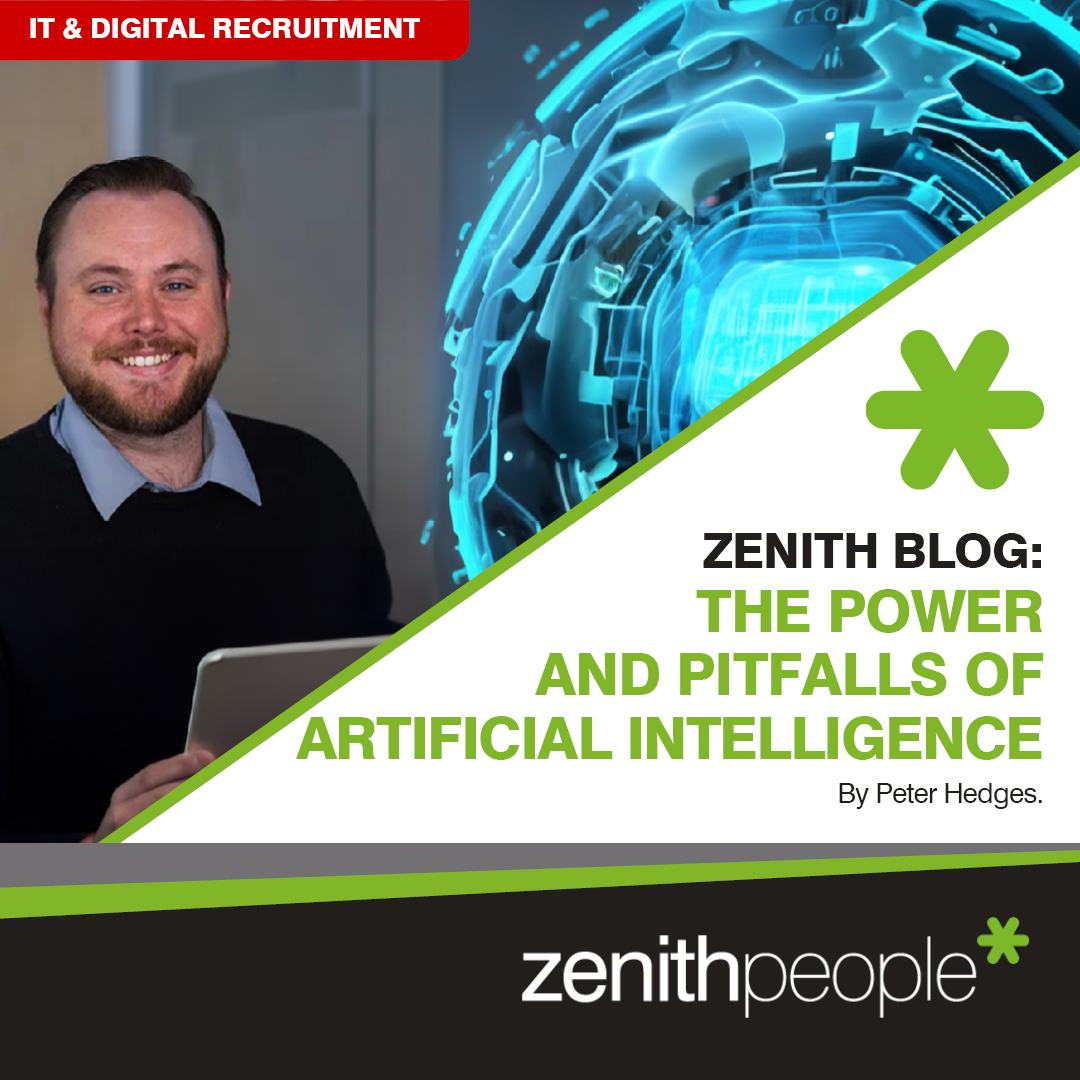In the age of rapid technological advancement, Artificial Intelligence (AI) has emerged as a transformative force that impacts our everyday working lives in profound ways. This blog will delve into what AI is, how it affects our daily work routines and the potential issues that come along with its integration into various industries.
What is AI?
Artificial Intelligence, often referred to as AI, is a field of computer science that focuses on creating intelligent machines capable of performing tasks that typically require human intelligence. These tasks include learning from experience, understanding natural language, recognizing patterns, and making decisions. AI systems can be classified into two categories: narrow or weak AI, which is designed for specific tasks, and general or strong AI, which has human-like cognitive abilities.
How AI Affects Our Everyday Working Life
- Enhanced Efficiency: One of the most significant advantages of AI in the workplace is its ability to automate repetitive and time-consuming tasks. This allows employees to focus on more creative and strategic aspects of their jobs. For example, chatbots can handle customer inquiries, and machine learning algorithms can analyse large datasets, providing valuable insights.
- Personalized Experiences: AI enables businesses to offer personalized experiences to customers and clients. Recommender systems, such as those used by streaming platforms or e-commerce websites, use AI to understand individual preferences and suggest content or products tailored to each user.
- Predictive Analytics: AI-powered predictive analytics can forecast trends, customer behaviour, and market changes. This information empowers companies to make data-driven decisions and adapt quickly to changing circumstances.
- Improved Safety: In industrial settings, AI-driven robots and drones can perform dangerous tasks, reducing the risk to human workers. AI algorithms can also monitor workplace safety and identify potential hazards.
- Healthcare Advancements: AI assists medical professionals in diagnosing diseases, analysing medical images, and developing personalized treatment plans. This technology can lead to more accurate diagnoses and better patient outcomes.
Potential Issues with Using AI
While AI offers numerous benefits, it also raises several concerns:
- Job Displacement: As AI automates tasks, there is a fear of job displacement, especially in industries heavily reliant on routine tasks. Workers may need to adapt and acquire new skills to remain relevant in the job market.
- Bias and Fairness: AI systems can inherit biases present in their training data. This can lead to unfair or discriminatory outcomes in areas like hiring, lending, and criminal justice if not carefully monitored and addressed.
- Privacy Concerns: The vast amounts of data AI systems require for training and operation raise concerns about data privacy and security. Unauthorized access or misuse of sensitive information can have serious consequences.
- Transparency and Accountability: AI algorithms can be complex, making it challenging to understand their decision-making processes. This lack of transparency can be problematic when decisions have significant societal impacts.
- Ethical Dilemmas: AI raises ethical questions, such as the use of autonomous weapons or the potential for AI to manipulate public opinion. Ensuring ethical AI development and deployment is an ongoing challenge.
In conclusion, AI has become an integral part of our everyday working life, offering incredible advantages in terms of efficiency, personalization, and safety. However, it also comes with its set of challenges, including job displacement, bias, privacy concerns, transparency issues, and ethical dilemmas. As AI continues to advance, it is essential for businesses, governments, and individuals to navigate these issues thoughtfully and responsibly, ensuring that AI benefits society as a whole.










